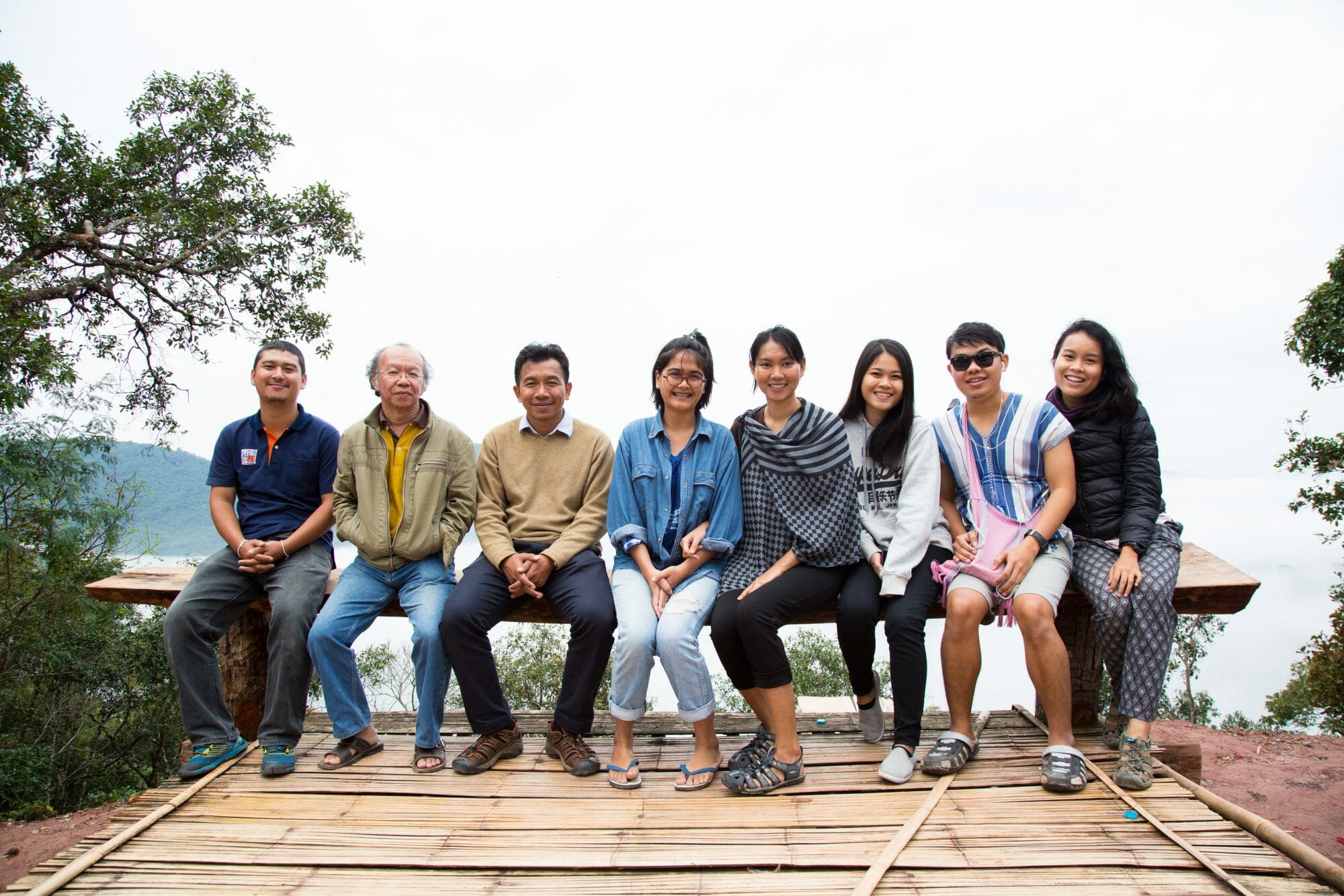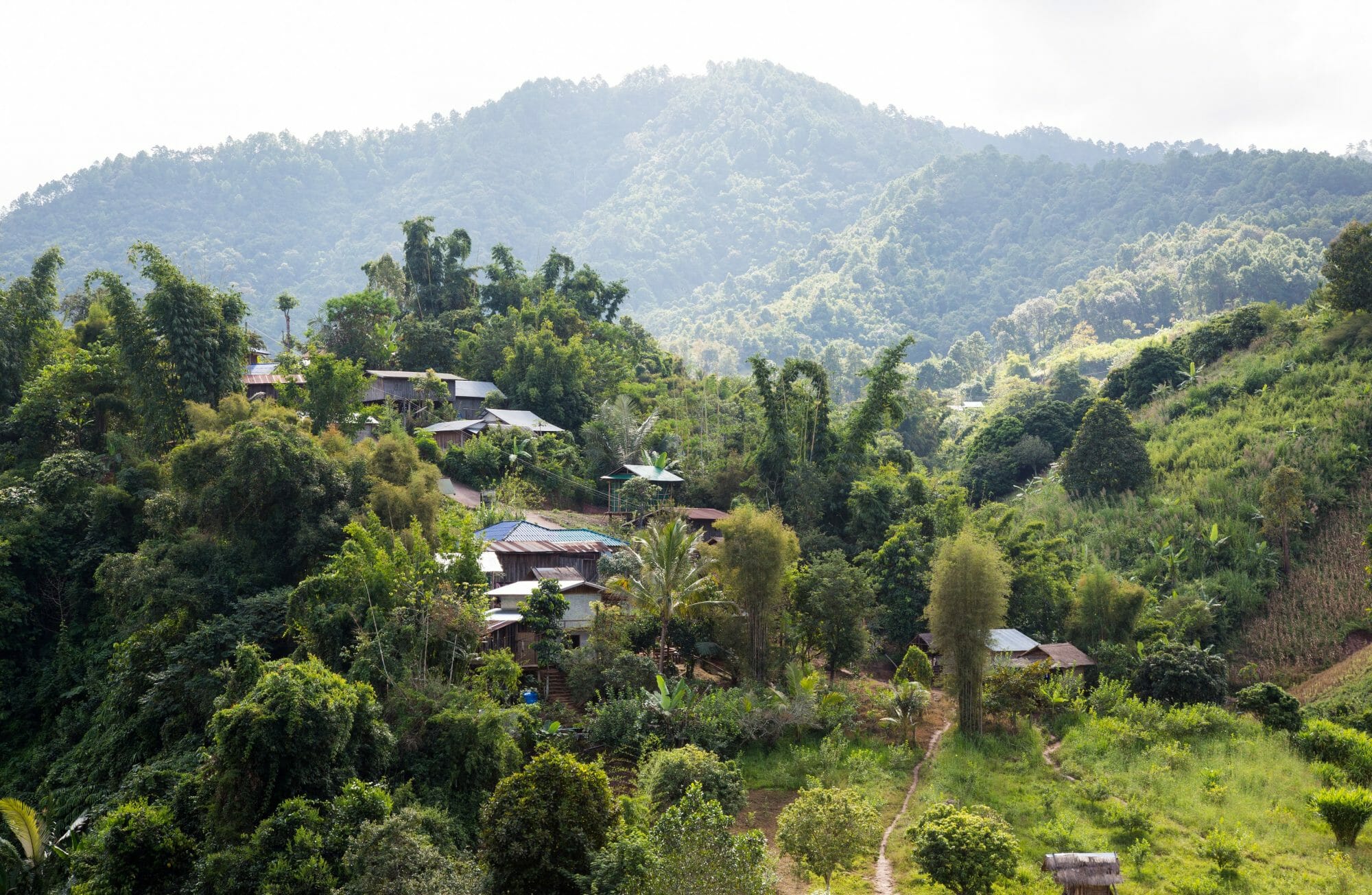By Variya Theppooviang*
A Thai farmer working in her coffee plantation already knows she has rights. But in her village, as in many rural communities in Southeast Asia, there may not be a professional lawyer. To support communities like hers, many public interest lawyers in the region are spending their careers reaching out to rural villages, to build the villagers’ legal knowledge and give them the tools and skills to speak up.
One morning earlier this year, a team of Thai lawyers arrived at a primary school in northeastern Thailand. The lawyers came to conduct a legal training for approximately 60 villagers – farmers, elders, community leaders, and young students.
Many of the villagers said this was the first time an outsider came to talk with them about how the law can impact them. They were enthusiastic to participate and learn their rights, and they said that they need more legal training. ERI supports trainings like these because they help local communities to understand their rights around managing, protecting, and preserving natural resources.

EarthRights staff with fellow environmental lawyers in northeastern Thailand.
This training was organized by the Center for Protection and Revival of Local Community Rights, the Faculty of Law at Chiang Mai University, and the Foundation for Environment and Natural Resources.
The training began by discussing people’s fundamental rights under the constitution of Thailand. When the government does not do their duty to protect these rights, the people have a right to call for them to uphold the rights of citizens. The villagers were very interested in this point and raised many questions.
The legal training emphasized the principles of protecting rights and liberty, equality, non-discrimination, and freedom of religion. If there is a violation of rights, people can file a lawsuit to ask the court to force the government to do their duty. If there is a violation from other people or a corporation, citizens can sue for compensation from that person and also ask the government to provide a remedy.
The speakers talked about how citizen’s rights and community rights under the constitution can protect their health and environment. The rights to access information and to participate in decision making around a development project, before it will negatively impact them, are especially important. The villagers also learned about their rights to make a complaint and to participate in the government’s decision-making processes.
I also learned many things from the villagers from exchanging experiences. We ate together and the villagers made local food for us. They served us mulberries, one of the main agricultural products that provides them with income. We talked about how the more the villagers work together, the more successful their activities are there. I am proud of this small, successful step to build the legal knowledge among these villagers.

This community in northeastern Thailand was the site of a legal training earlier this year.
*Variya is the Legal Intern in ERI’s Thailand office. Photo above: a Thai environmental lawyer leads a discussion with community members in northeastern Thailand about their rights.






